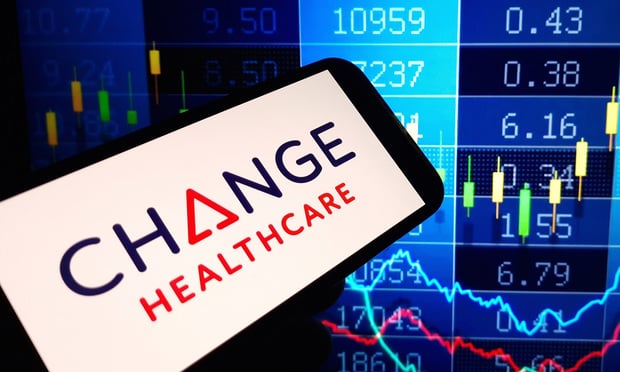 Every year, thousands of bankers, venture capitalists, private equity investors, and other moneybags flock to San Francisco's Union Square to pursue deals. Scores of security guards keep the homeless, the snoops, and the patent-stealers at bay, while the dealmakers pack into the cramped Westin St. Francis hotel and its surrounds to meet with cash-hungry executives from biotech and other health care companies. After a few years of pandemic slack, the 2024 J.P. Morgan Healthcare Conference regained its full vigor, drawing 8,304 attendees in early January to talk science, medicine, and, especially, money.
Every year, thousands of bankers, venture capitalists, private equity investors, and other moneybags flock to San Francisco's Union Square to pursue deals. Scores of security guards keep the homeless, the snoops, and the patent-stealers at bay, while the dealmakers pack into the cramped Westin St. Francis hotel and its surrounds to meet with cash-hungry executives from biotech and other health care companies. After a few years of pandemic slack, the 2024 J.P. Morgan Healthcare Conference regained its full vigor, drawing 8,304 attendees in early January to talk science, medicine, and, especially, money.
#1: Artificial intelligence: Revolutionary or not?
Of the 624 companies that pitched at the four-day conference, the biggest overflow crowd may have belonged to Nvidia, which unlike the others isn't a health care company. Nvidia makes the silicon chips whose computing power, when paired with ginormous catalogs of genes, proteins, chemical sequences, and other data, will "revolutionize" drug-making, according to Kimberly Powell, the company's vice president of health care. Soon, she said, computers will customize drugs as "health care becomes a technology industry." One might think that such advances could save money, but Powell's emphasis was on their potential for wealth creation. "The world's first trillion-dollar drug company is out there somewhere," she dreamily opined.
Some health care systems are also hyping AI. The Mayo Clinic, for example, highlighted AI's capacity to improve the accuracy of patient diagnoses. The nonprofit hospital system presented an electrocardiogram algorithm that can predict atrial fibrillation three months before an official diagnosis; another Mayo AI model can detect pancreatic cancer on scans earlier than a provider could, said Matthew Callstrom, chair of radiology at the Mayo Clinic in Rochester, Minnesota.
No one really knows how far — or where — AI will take health care, but Nvidia's recently announced $100 million deal with Amgen, which has access to 500 million human genomes, made some conference attendees uneasy. If Big Pharma can discover its own drugs, "biotech will disappear," said Sherif Hanala of Seqens, a contract drug manufacturing company, during a lunch-table chat with KFF Health News and others. Others shrugged off that notion. The first AI algorithms beat clinicians at analyzing radiological scans in 2014. But since that year, "I haven't seen a single AI company partner with pharma and complete a phase I human clinical trial," said Alex Zhavoronkov, founder and CEO of Insilico Medicine — one of the companies using AI to do drug development. "Biology is hard."
Complete your profile to continue reading and get FREE access to BenefitsPRO, part of your ALM digital membership.
Your access to unlimited BenefitsPRO content isn’t changing.
Once you are an ALM digital member, you’ll receive:
- Critical BenefitsPRO information including cutting edge post-reform success strategies, access to educational webcasts and videos, resources from industry leaders, and informative Newsletters.
- Exclusive discounts on ALM, BenefitsPRO magazine and BenefitsPRO.com events
- Access to other award-winning ALM websites including ThinkAdvisor.com and Law.com
Already have an account? Sign In
© 2024 ALM Global, LLC, All Rights Reserved. Request academic re-use from www.copyright.com. All other uses, submit a request to [email protected]. For more information visit Asset & Logo Licensing.








